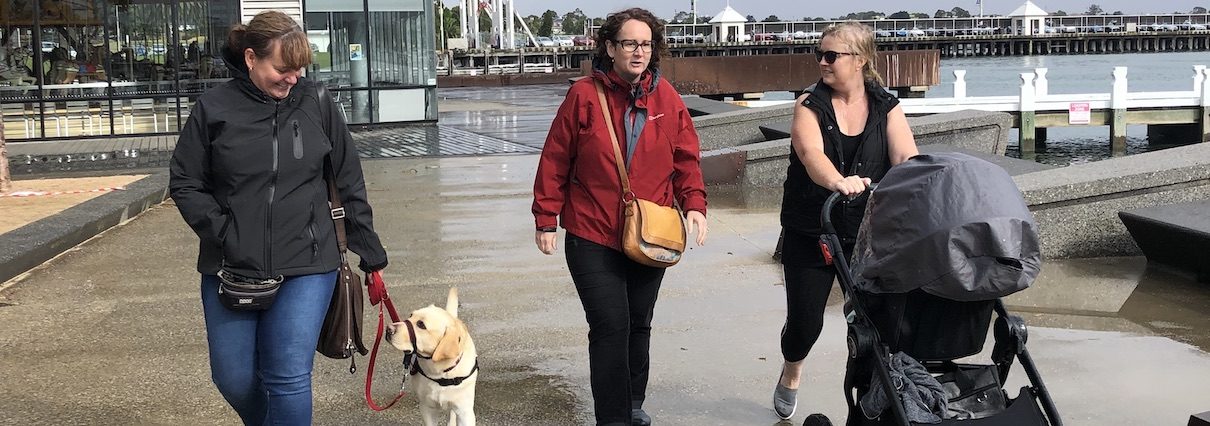Self-care for parents of kids with a disability

Emergency protocols stress the need to take care of ourselves before attempting to help others. But this critically important piece of advice is often overlooked by parents of children with special needs.
For all parents, particularly those of children with a disability, self-care is vital. Admittedly, this is easier said than done. It is difficult enough taking care of family members with additional needs at the best of times, much less in the midst of a pandemic.
Now we’re juggling telehealth appointments, remote learning and work commitments often combined with increased family.
Feelings of overwhelm and helplessness can lead to a vicious cycle of tiredness, poor eating, little time for exercise, feeling worse, more junk food and even deeper exhaustion. Don’t despair. There is help at hand.
Small changes
It is unrealistic to attempt a total overhaul, especially during these difficult times. So start with small, achievable steps and notice how they make you feel. Then build from there.
- Put on the noise-cancelling headphones and listen to a podcast. Even if you must do household chores at the same time, it can be just the break you need. 2 Peas in a Podcast is a fantastic, down-to-earth show hosted by parents of kids with disability.
- Schedule time to connect with your partner. We need to remember that our children are here because we have a partner that we love – or loved. The stress of parenting can put relationships on the backburner. Add disability and relationships can break if we don’t take time to nurture them so we can keep parenting as a team.
- Check out the Healthy Mothers Healthy Families website which contains free, evidence-based learning modules designed to help mothers of children with a disability to focus on their own health and well-being. (https://www.healthymothers-healthyfamilies.com/)
- Online and face-to-face parent support groups can make a huge difference to a carer’s sense of wellbeing as they discover others who understand their parenting experience. My Time groups provide a play helper during the session to give parents a break. Look for groups through your local council or registered disability support provider.
Peer support to lift you up
When her children received their Autism Spectrum Disorder diagnoses, Veronica became aware of parent groups available not only to better understand her children’s needs but also for self-care.
As she’d had little experience of disability within her circle of family and friends, Veronica also found acceptance, understanding and long-term friendships among the people she met through support groups.
‘Someone will tell you about something – a resource, a program, a tip for your next NDIS review – I learn something new from the other parents every time. And now I am also able to share my own experience and knowledge to help others,’ she says.
While COVID restrictions have limited her regular support groups to Zoom, she looks forward to returning to her Healthy Mums Walking Group, which has one golden rule.
‘We can only talk about the NDIS or our kids for a specified time. After that the focus is back on us!’
Gateways Support Services offers a range of free parent support services. you don’t need to be a client or have an NDIS plan to benefit. Find out more.








